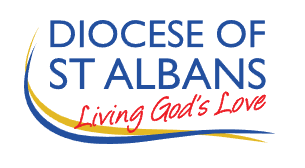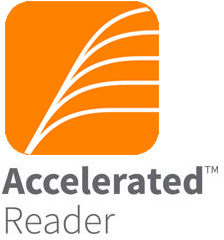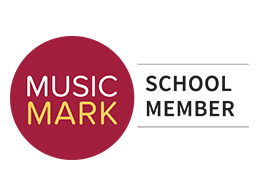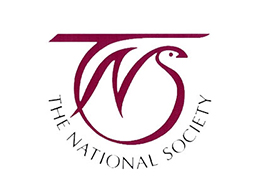RE
The aim of Religious Education in schools is to contribute educationally to the development of pupils as individuals and members of society by fostering a reflective approach to life in the context of a growing understanding of the experiences, attitudes, beliefs and religious practices of humanity.
RE Aims and Objectives
Religious Education encourages the informed study of religious issues and considered reflection upon experience and
- Supports pupils in their personal search for meaning
- Encourages pupils to reflect, to wonder and to face the mystery of life
- Provides opportunities for all pupils to study Christianity and to appreciate its influence in the world and on our society
- Enables all pupils to learn about world faiths and encourage them to be sensitive to the range of beliefs and religious groups in the community
- Provides opportunities for pupils to explore and understand ways in which meaning is expressed e.g. symbol, image, story and
- Works alongside other areas of the curriculum (e.g. dance, drama, music, art, literature)
RE and the Development of Skills
An understanding of the complexities of religion depends upon the development of a wide range of skills. These skills are developed over the whole area of the school curriculum
- Higher level thinking skills
- Personal; knowledge of self, others and things
- Empathy; entering another’s experience
- Artistic response; painting, poetry, dance and
- Communication; language skills, conveying meaning and organising knowledge
RE and the Development of Attitudes
Children are given the opportunity to develop positive attitudes towards religion
- Open to life; questioning, reflective, committed to search for meaning
- Looking at life; interest in different ways of looking at life and
- How others see life; respect, sympathy for those with different views
Organisation of RE
The Religious Education program develops knowledge alongside appropriate skills and attitudes. It consists of two attainment targets
- Learning about Religion
- Learning from Religion
RE Agreed Syllabus
We have adopted the RE Agreed Syllabus for Bedford Borough, Central Bedfordshire and Luton 2012-2017. This is supplemented by Understanding Christianity a resource to support the teaching of Christianity in Religious Education.

RE Days
On Friday 7th October 2016 we had a special RE day at school. There were four main aims for the day. Creating a class reflective/ prayer space, writing a class prayer, creating a values canvas with this year’s values and completing work on Fruits of the Spirit.
Each class spent some time creating a reflective space. Children are innately curious about life. They naturally ask the big questions about life and have a sense of wonder. These help them develop their own sense of identity and self-worth. Reflective/ prayer spaces in school enable children of all faith or none to explore these life questions, spirituality and faith in a safe way. Children can develop skills of personal reflection and if they want to explore prayer in a safe environment.
Each class wrote a class prayer/ words to reflect on together.
This is the prayer written by Robin’s class. When we pray together children are invited to pray only if they want to, if not they are asked to reflect on the words.
Each class took one of this year’s values and made a canvas to be displayed in the hall.1
The main focus of the day was Fruit of the Spirit.
Mrs Spencer led a Collective Worship introducing the Biblical teaching on the Fruit of the Spirit by relating them to real fruits.

What is the Fruit of the Spirit?
But the fruit of the Spirit is love, joy, peace, patience, kindness, goodness, faithfulness, gentleness, self-control. (Galatians 5:22-23)
Each of these is a characteristic of the Holy Spirit’s active presence in our daily activities.
Children completed a range of activities; games, drama, discussion and art to reflect on these characteristics which are the Fruit of the Spirit.

During the day Mrs Spencer and Mrs Curtis (Governor) completed learning walks to see what the children were thinking about. They were very impressed by children’s thinking. Thanks go to Mrs Curtis for her time.
Quotes from the children included :Fintan explained how a jelly fish is an excellent example of perseverance because they have such a long life and have to keep feeding. This inspired his classmates with further ideas. .Dillan explained how Batman was a good example of justice as he always fights for justice. At the end of the day we came back together as a school to share our thinking and it was a lovely celebration of what we had achieved. Thanks go to the staff for all their hard work in planning and supporting this day.















